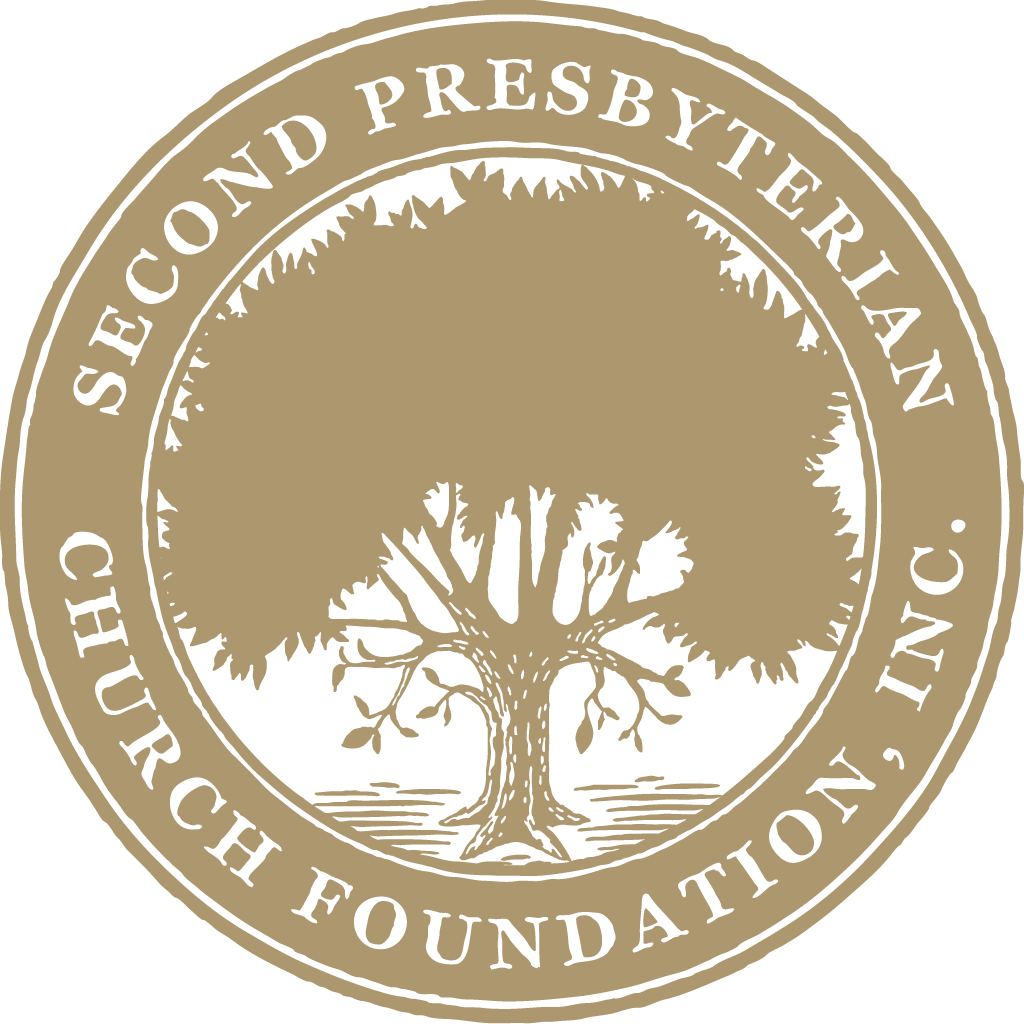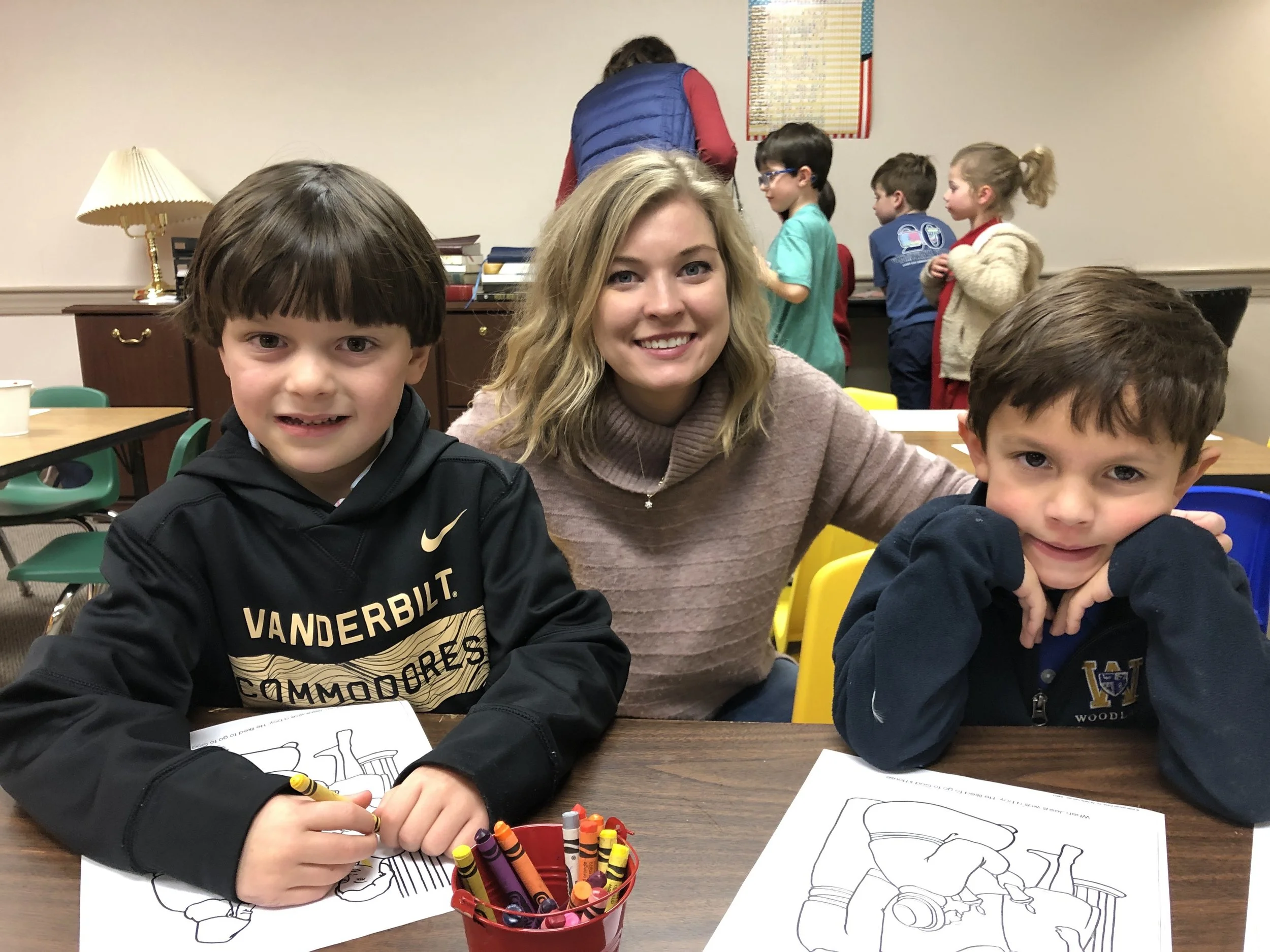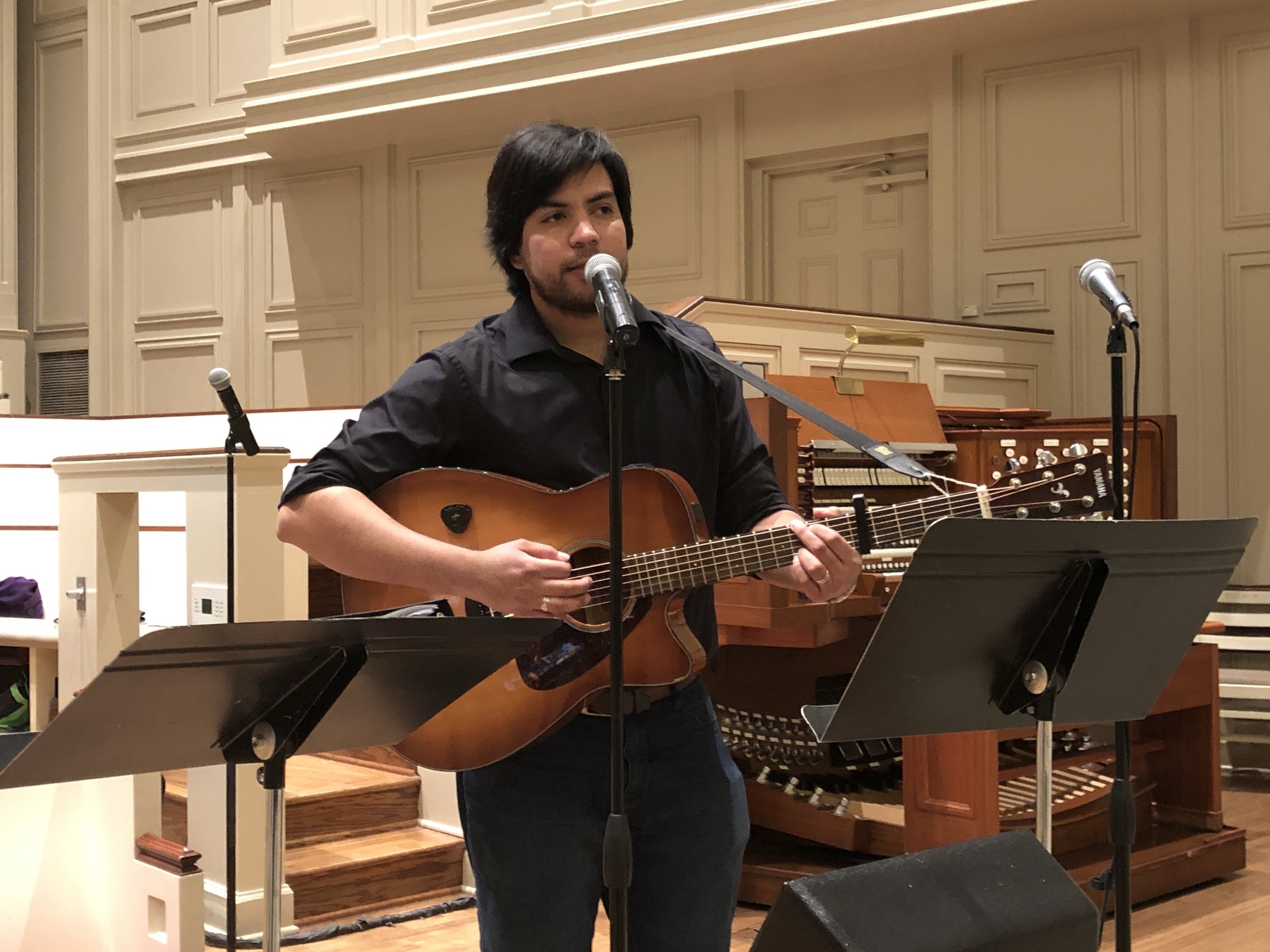My Cup of Tea, now a social enterprise, initially was launched as a small profitable business by Mary Beth Bryce in 2006. She studied tea, traveled abroad to meet blenders and growers and developed a small top - tier tea import company.
In 2012, Carey and Rick Moore, who had wholeheartedly invested in property and ministry on Carnes Avenue, started a resource center called The House of Orange Mound to intentionally champion a neglected community and demographic. Carey stated, “We knew many gifted women at Second desiring to embrace true religion: ‘to visit the fatherless and widows and care for the poor’ (James 1:27)”. The House had become a sanctified space of classes, activity, Bible study and reconciliation between cultures by 2015.
Mary Beth approached Carey in 2014, hoping that the Moore’s mission at the House in Orange Mound might benefit should they purchase her small business to attract more women in Orange Mound needing low-entry jobs. The vacuum of job opportunities for women without diplomas or reliable transportation was solved and filled by the purchase of the tea company.
Carey and Rick converted the company into a production and assembly operation and hired Orange Mound single moms. They applied for non-profit status which was granted in November of 2017. New creative branding defined the mission of the company of excellent teas and opened a new awareness of “tea with a ministry to women.”
The many classes at The House, taught by volunteers, identify talents, interests, and giftedness of the employees. Volunteers assist in literacy, marketing, mentoring, cooking, teaching, gardening, sewing, photography, and more.
Daily devotions and weekly Bible studies have brought healing to deep wounds endemic in poverty, isolation and neglect. A community of genuine trust and cross-cultural friendships have seeded a field of hope, stability and dignity. Security, beauty, and hospitality within the walls of the House lead to laughter, loyalty, and trust.
The good news of redemption through the Gospel softens the countless injustices the women face. It is a place of prayer. Most have heard the Gospel for the first time in class. Most are unchurched as the many historic churches of Orange Mound are closed but for Sunday worship.
Inquiring and curious women of Orange Mound continue to knock on the door of the House. To be employed, a woman must complete Work Life, Tea Life, intern, and pass a drug screen. Starting wages begin $2.00 over minimum wage, but the assured dividends of working in a safe, nurturing, organic, and supporting community is beyond measure.
Over 30 women have been employed, some moving on to full-time work with strong resumés. Currently 15 are working at the House, mostly part time, so as to care for their children. At least five of the employees have been equipped for independent second businesses at the House. “We are constantly rewarding initiative, motivation, and talent,” Rick said. My Cup of Tea has become an incubator.
Survival in crisis and exposure to available solutions are daily subjects at The House. “We have built The House of Orange Mound on the Solid Rock, and in obedience to that, have found the joy of God’s Hand and Word guiding us constantly. My Cup of Tea is the Lord’s gift for the neighborhood ladies we respect and love. Our staff has discovered the elegance of our product, poise and refinement, a trusted income source, and a dignity and confidence rarely seen in poverty. Many give evidence of a Spirit led life now.” Carey stated.
The inspirational house with a mission on the corner of Semmes and Carnes will continue to strengthen the credible witness of reconciliation for Memphis. The economic benefits will continue to fortify single mothers of Orange Mound. Google’s selection of My Cup of Tea as the Tennessee Small Business of 2019 will expand the product’s identity, sales, and further the mission. Within the next three years there are new plans to construct a tea house for serving world class teas to guests, hosting community meetings, and showcasing crafts and art created by Orange Mound women.




















